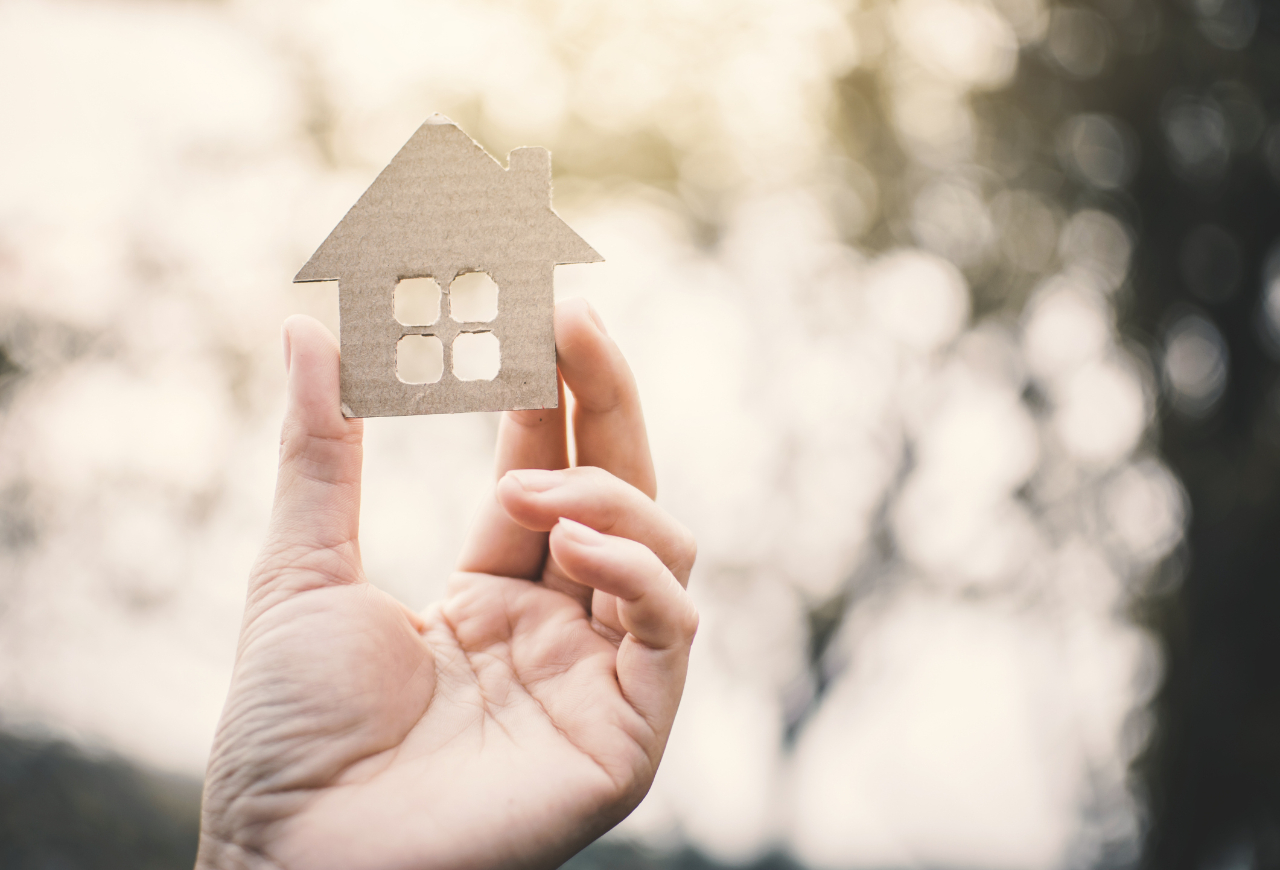The investment in the platform CrowdBuilding aims to support the development of 100,000 sustainably built homes in the Netherlands by 2035.

Dutch impact investors DOEN Participaties and the Fair Capital Impact Fund have invested in a collective building and bio-based construction initiative designed to support the creation of 100,000 sustainably built homes in the Netherlands by 2035.
The investment will help CrowdBuilding, a Dutch platform which helps people build their own homes in a sustainable and circular way, allowing them to scale up and work with self-builders, municipalities and experts.
Speaking to Impact Investor, Rogier de Groot, impact investment manager at DOEN Participaties said that collective building creates a transition towards a more bio-based approach.
“We want to support initiatives in the construction sector that contribute towards more bio-based building, transitioning from traditional building, which is very polluting,” said de Groot, pointing out that in self-building projects, people are choosing sustainable building over more traditional construction.
By embracing and promoting circular and bio-based construction, this approach is making environmentally-friendly ways of building the norm, de Groot added. He declined to comment on the amount that DOEN Participaties has invested into the platform.
Currently, more than 150 housing initiatives are using the CrowdBuilding platform ranging from collective private commissioning (CPO) projects and housing cooperatives to sustainable living communities.
Users of the platform, like collective housing projects and applicants for collective housing projects, use the platform for free to stimulate the set-up of new initiatives. Provinces and municipalities pay for the services of the platform. More than three quarters of those who apply give sustainable building as a reason for doing so, according to DOEN Participaties.
Steward-ownership as a basis for impact
The investment comes as a growing number of Dutch companies are moving towards a steward-ownership model, where control of the company lies with stewards who put the company’s mission and interests first in their decision-making. As such, the model sees founders and investors set a cap on the returns they receive and once the investments have been repaid, all future proceeds are dedicated to the mission and social impact of the project.
Currently 100,000 new homes are needed in the Netherlands annually, of which 10% could be built collectively, according to Tjeerd Haccou, co-founder of CrowdBuilding.
Haccou said the option to build collectively should be “a full, sustainable addition to the existing housing system, accessible to all”, as opposed to a niche option for a select few.
CrowdBuilding has opted for a long-term approach to act as a steward-owned company and aims to facilitate thousands of new projects across the Netherlands.
Speaking to Impact Investor about the stewardship model, de Groot said: “We are embracing the steward ownership model, because in the long run, the impact mission will be central.”
“We want to showcase to our network of investors, that the combination of social and financial returns is possible.”





